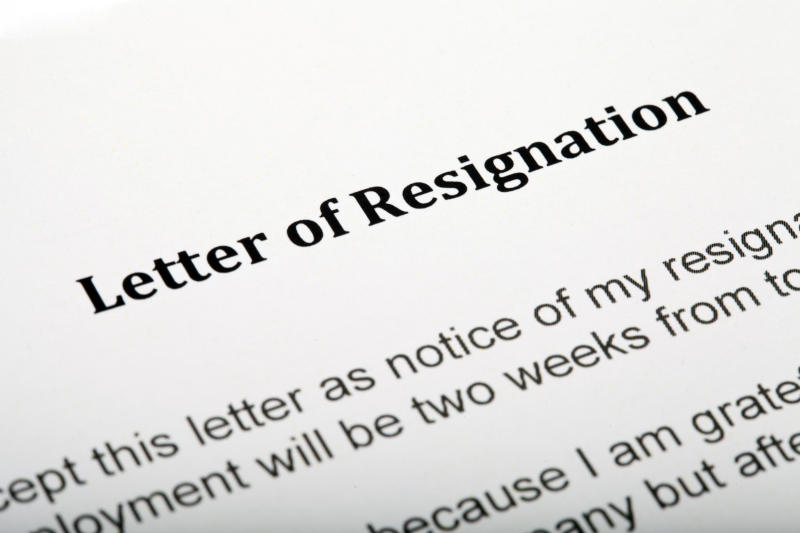×
The Standard e-Paper
Home To Bold Columnists

Most employed people dream of becoming their own bosses one day. The ideal fantasy is to toil away as an entrepreneur and birth a long-held business idea.
Self-employment allows one to be flexible, choose the working hours and dictate their own targets without someone breathing down their necks.







